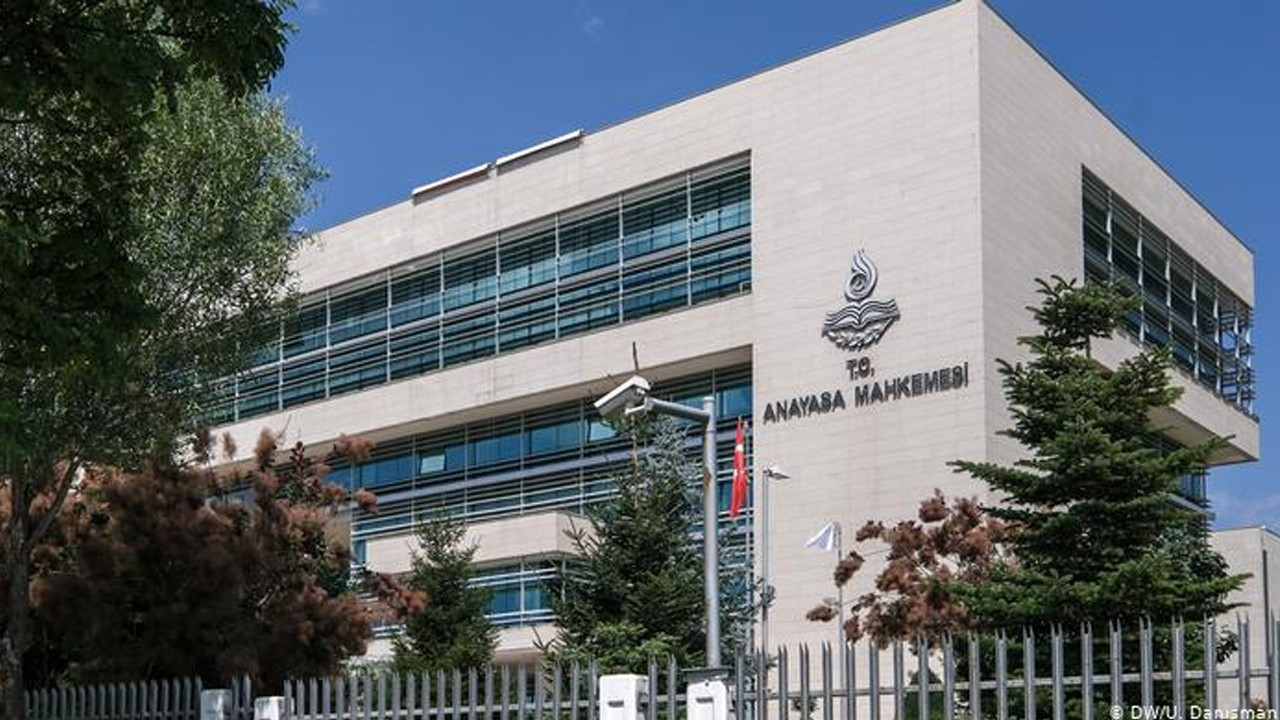Turkish top court finds violation of rights in refusal to allow convict to attend mother’s funeral
The Turkish Constitutional Court has ruled that authorities violated the rights of a prisoner by denying him the right to attend his mother’s funeral and ordered the state to pay compensation to him.
Duvar English
The Turkish Constitutional Court, which is the highest court of individual appeals in the country, has ruled that the Chief Public Persecutor’s Office of the eastern Maraş province violated “the right to respect for private and family life” of a convict who wanted to attend his mother’s funeral.
According to the top court’s ruling, Ahmet Bayanmelek, convicted for membership in a terrorist organization in a high-security prison in the Maraş province, applied for permission to attend his mother’s funeral, who passed away on October 4, 2019. According to the law, convicts can apply for permission to attend their close relatives’ funerals if “they do not pose a security hazard.”
The Maraş Chief Public Prosecutor's Office investigated whether the address where Bayanmelek planned to stay posed any “security hazard” or not. As a result, the application was rejected due to security reasons because “it is possible to enter the funeral tent from four-five places” and “the address is near the Amanos Mountains” where the Kurdistan Workers’ Party (PKK) is still said to be active.
Bayanmelek used his right to individual application to the Constitutional Court on the grounds that "his right to respect for private and family life has been violated,” stating that “he could not share his family's pain and was deeply saddened by the fact that permission to attend the funeral was not granted without a justified reason.”
In its ruling, the top court ruled that Maraş Chief Public Prosecutor's Office “violated the right to respect for private and family life” of Bayanmelek,” stating that “an interference with fundamental rights and freedoms must meet a necessary social need and be proportionate to be acceptable under the requirements of a democratic social order."
“The reason given in the decision of the Chief Public Prosecutor's Office does not have convincing, relevant, and sufficient elements to establish a fair balance between the interests of the applicant and the interests of the society," the top court said. It also ruled that 13,500 Turkish Liras should be paid in compensation to the applicant.

 Top Turkish court finds registry of prisoner letters in e-judicial system ‘violation of rights’Human Rights
Top Turkish court finds registry of prisoner letters in e-judicial system ‘violation of rights’Human Rights Van Governor's Office defends severe torture of detainees, says it was a 'one time' thingHuman Rights
Van Governor's Office defends severe torture of detainees, says it was a 'one time' thingHuman Rights